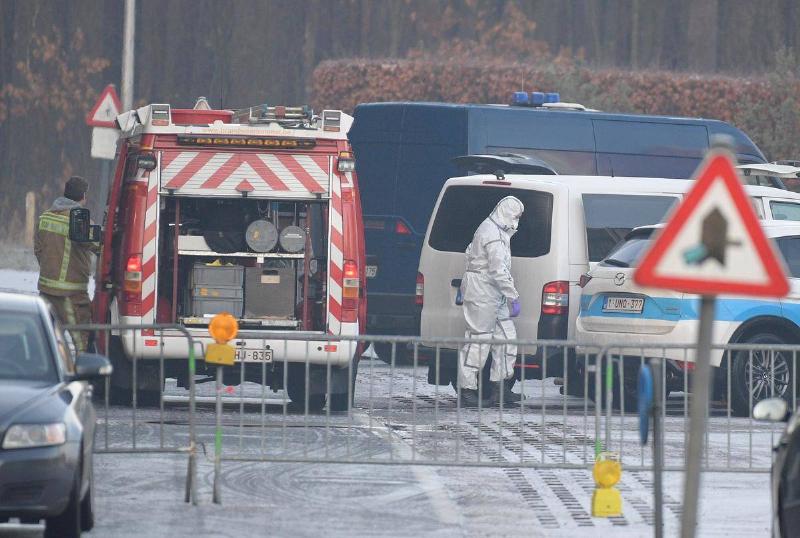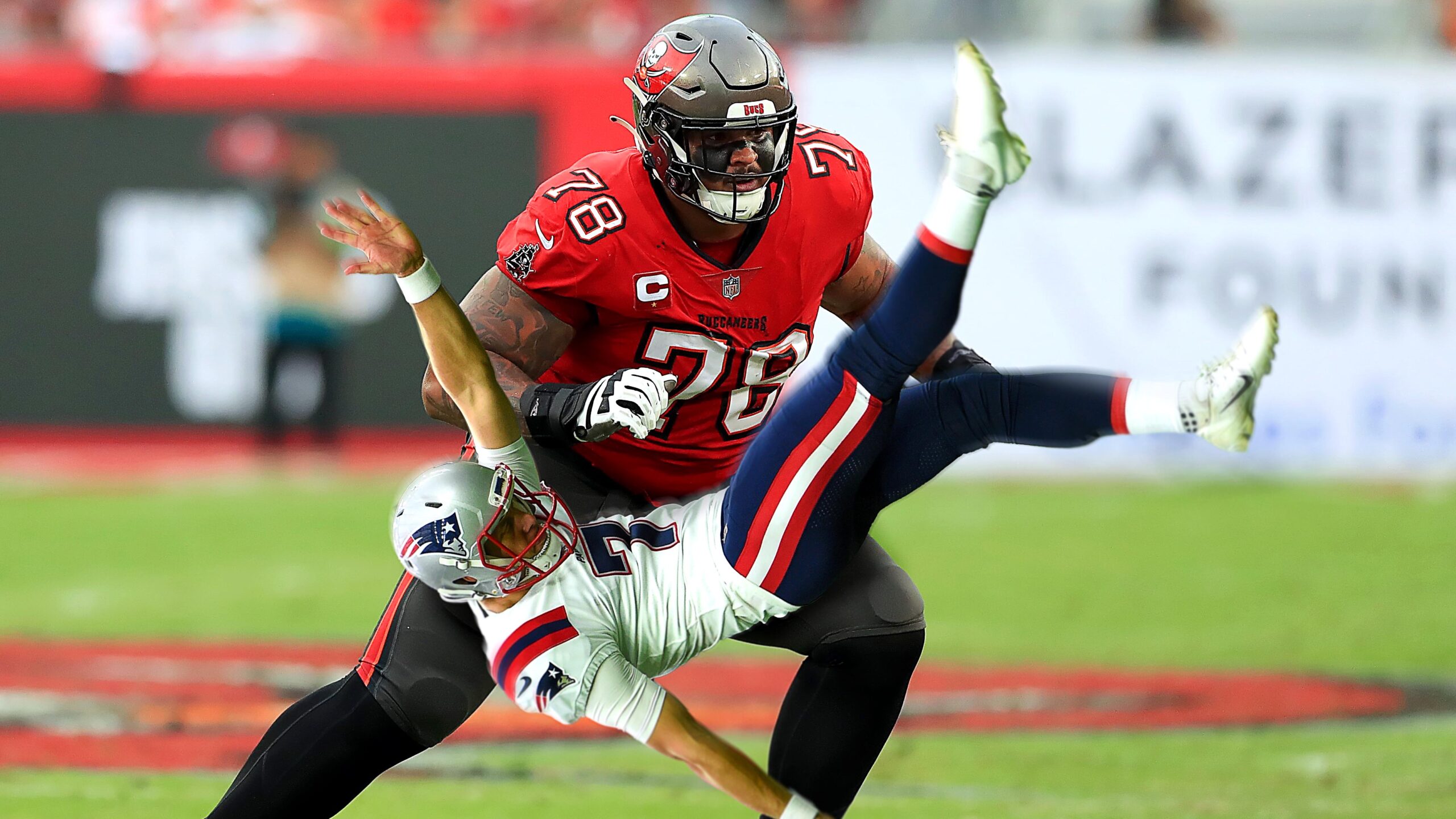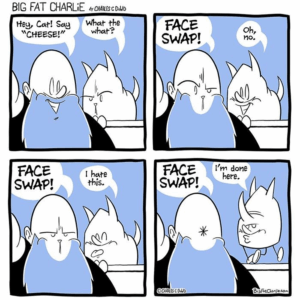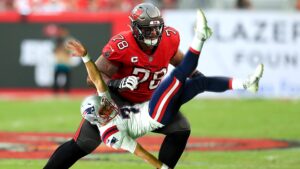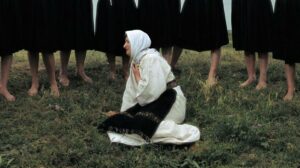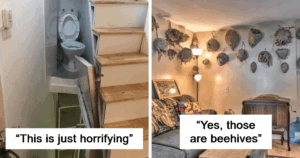“Ancient DNA Reveals Shocking Truths About Our Prehistoric Ancestors—What Secrets Are Hidden in Our Genes?”
The Burial Ground Was Well-Preserved

The two infants were buried beneath multiple items and covered in red ochre. This ochre, which was likely part of the funeral process, further preserved the skeletons.
The babies were also buried beneath a mixture of sand and soil. This high-acidity mixture is ideal for conservation. Clearly, the people who buried them loved them dearly.
Who Were The Two Girls?

DNA testing revealed that both infants were girls and that they were both related, possibly first cousins. The stillborn died at 30 weeks old, having never gotten the chance to live.
The local Native community named the girls Xach’itee’aanenh T’eede Gaay” (Sunrise Girl-Child) and “Yełkaanenh T’eede Gaay” (Dawn Twilight Girl-Child).
Other Items Were In The Grave, Too

This gravesite was clearly important to the mourners. Archaeologists discovered many other items in the grave, such as antler and spear points.
Both girls were buried together in a joint funeral. However, Sunrise Girl (the six-week-old infant) seemed to be better preserved and served as the basis for most of the DNA results.
What, Exactly, Were The Researchers Studying?

To examine the DNA, geneticists had to dig into the mitochondria. Science students remember the mitochondria as “the powerhouse of the cell” because, without it, cells die.
Every cell in the body contains DNA, and the mitochondria is responsible for running cells. Hence, the scientists need undamaged cells to examine–which is easier said than done.
Here’s Why They Couldn’t Study The Three-Year-Old

Old bones are not guaranteed to have live cells. If scientists want to examine DNA, they need a thick enough bone that is decently preserved.
Usually, researchers test the petrous bone, which is at the base of the skull. Because the three-year-old’s bones were too damaged, researchers could not test the DNA. But with the two infants, they could.
What Came From The DNA Tests?

The first round of DNA tests, performed at the University of Alaska, revealed the ethnicity of Sunrise Girl. According to the results, she was closely related to Native Americans, but in a distinct way.
Scientists believe that her DNA is far older than any previously tested remains. In other words, she is a previously unknown genetic population of Native Americans.
They Revealed A New Ancient Human

This previously-unknown DNA, which scientists dubbed USR1, dates back at least 20,000 years and possibly as far back as 34,000. Eske Willerslev, the study’s co-author and professor at the University of Copenhagen, says that they are the oldest known Native Americans to date.
“It changes our understanding of the timing of events that formed the genetics of Native Americans,” Willerslev told CNN Health.
They Might Be Ancient Beringians

Sunrise Girl’s DNA lends credence to the Beringian standstill hypothesis. Scientists believe that she might be an Ancient Beringian that experts had only theorized about beforehand.
“We think the explanation for this pattern, the one that requires the least movement, was that Native Americans were somewhere in Beringia 20,000 years ago,” explained Victor Moreno Mayar, another author of the study.
But The Two Girls Had Different DNA

The first DNA analysis was done on the six-week-old’s skull. Geneticists expected the second infant to have similar DNA. But surprisingly, she didn’t.
Dawn Twilight Girl the stillborn, was examined at the University of Copenhagen, Denmark. She had an entirely different maternal lineage compared to her first cousin, and the lineages were not related.
Researchers Say There Were Two Branches Of Native Americans

Geneticists have separated Native Americans into two branches: Northern and Southern. The Northern group came from East Asia and likely inhabited North America, including Alaska and Canada.
At some point, the group split and the Southern Native Americans migrated to South America. They all descended from the Ancient Beringians, but the separation created variations in their DNA.
The Two Infants Had Different Ethnicities

In simpler terms, DNA tests indication that both girls belonged to two separate groups. Sunrise Girl belonged to the Ancient Beringias, while Dawn Twilight Girl came from another ethnicity, one more closely related to the Northern Native Americans.
